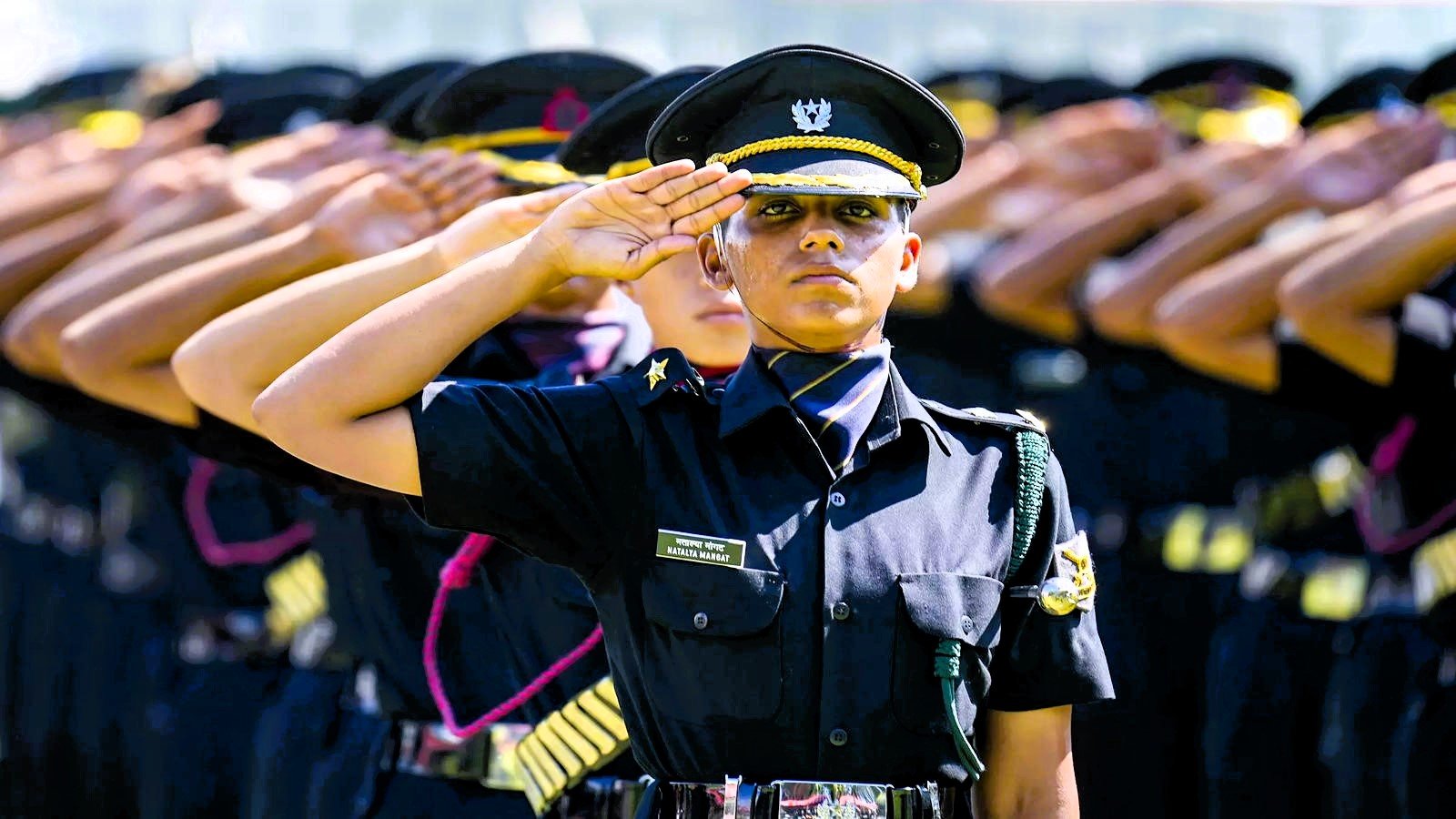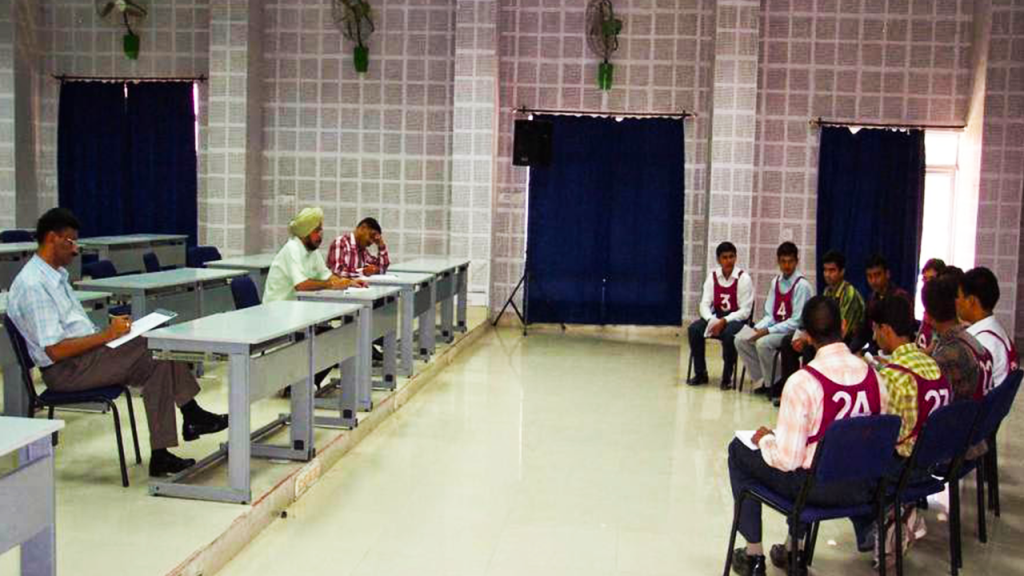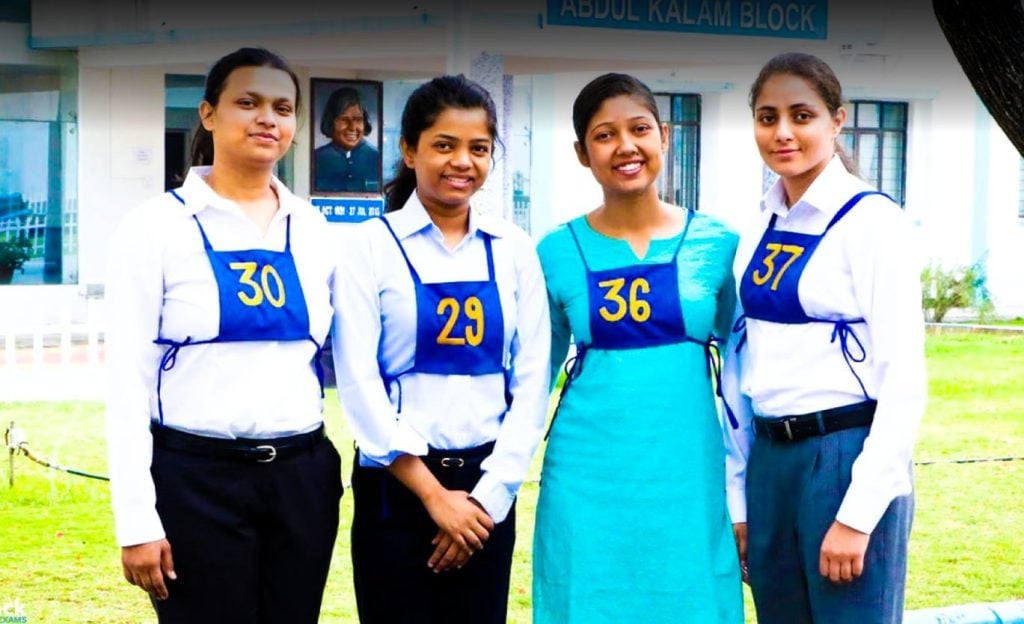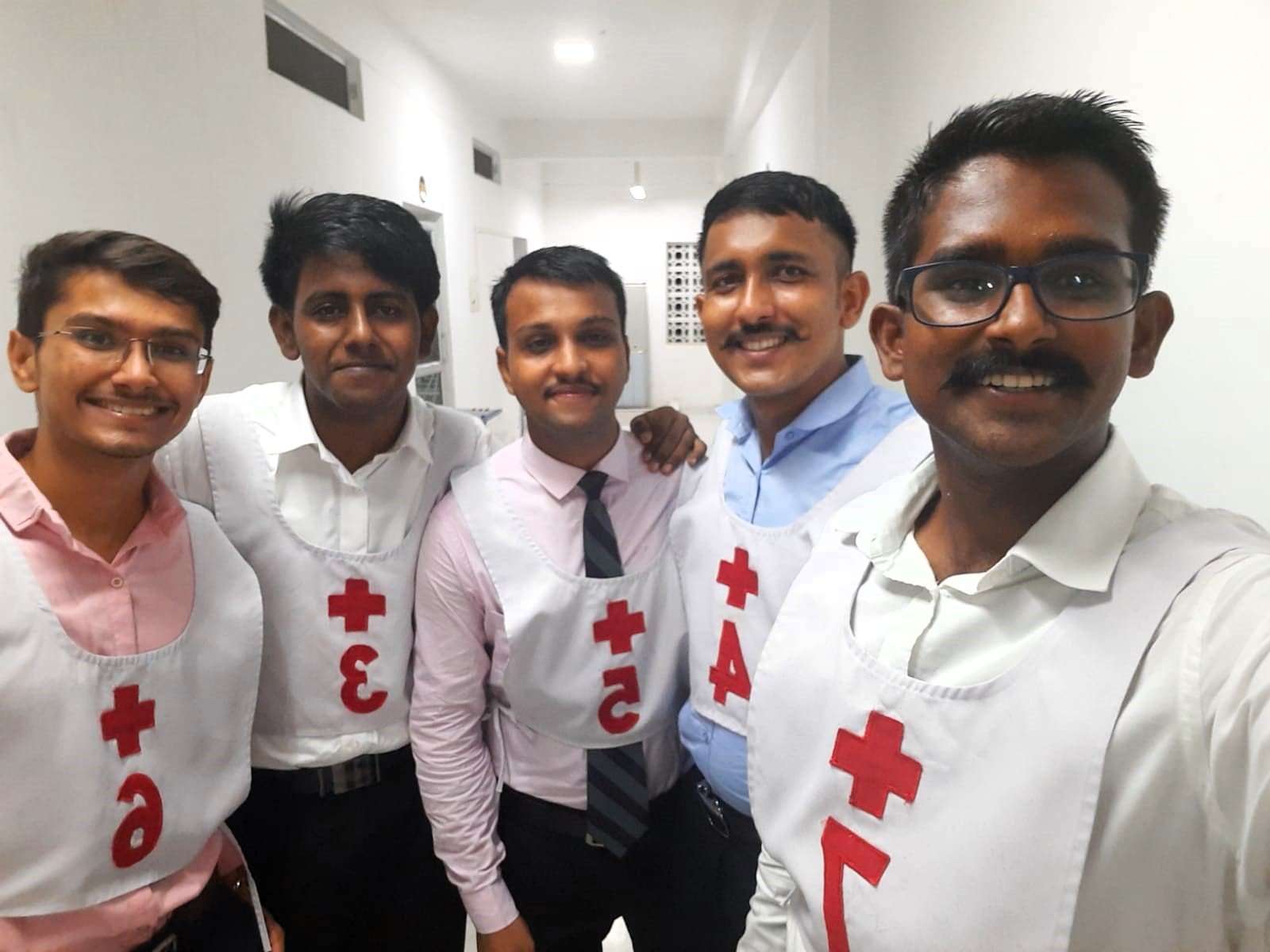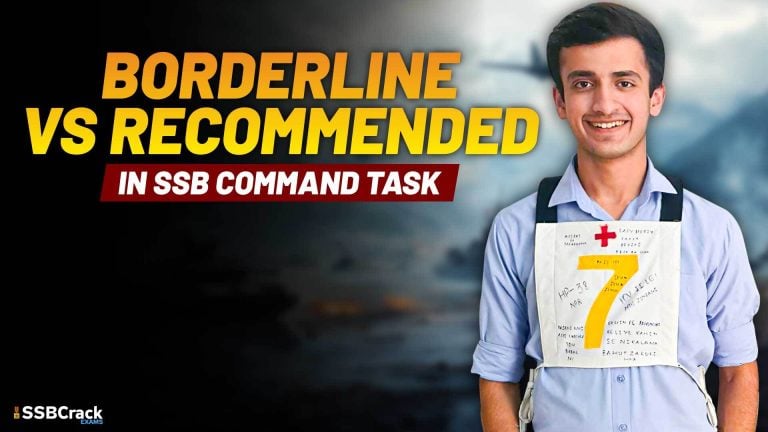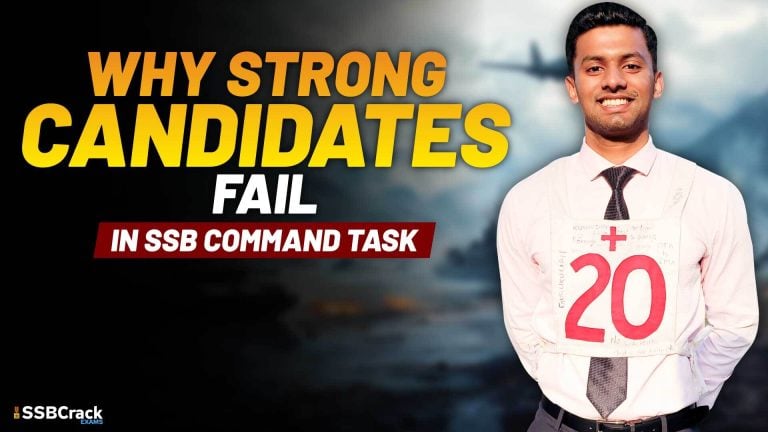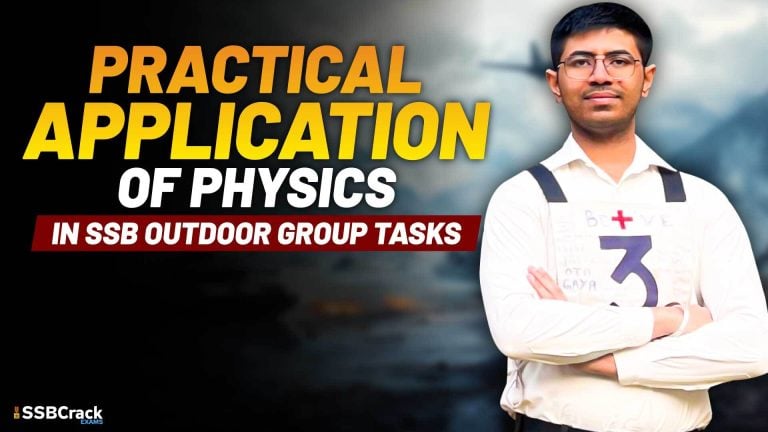Understanding what psychologists seek from candidates during assessments, particularly in high-stakes environments like the Services Selection Board (SSB), can significantly enhance your chances of success.
This article aims to provide an in-depth exploration of the 7 Things Psychologists Wish You Knew, offering insights that can help you navigate the psychological evaluations more effectively.
Also Read | 5 Most Powerful Intelligence Agencies
1. The Importance of Psychological Assessment
Psychological assessments are integral to evaluating candidates, especially in fields that demand resilience, leadership, and mental acuity. The core objective of these assessments is to gauge an individual’s mental readiness and compatibility with the demands of the role they aspire to fill.
Understanding the Assessment Framework
Psychologists utilize various tests and techniques to evaluate candidates. These assessments often include:
- Thematic Apperception Test (TAT): This projective test assesses a candidate’s imagination and ability to construct narratives based on ambiguous images.
- Situation Reaction Test (SRT): This evaluates how candidates respond to hypothetical, real-life situations, providing insights into their problem-solving skills and personality traits.
- Word Association Test (WAT): This measures the speed and relevance of a candidate’s responses to specific words, reflecting their thought processes and emotional responses.
Why Psychological Assessments Matter
Psychological evaluations are not merely formalities; they serve several crucial purposes:
- Identifying Strengths and Weaknesses: These tests can reveal areas where a candidate excels or may need improvement, guiding future development.
- Predicting Performance: Understanding a candidate’s psychological profile can help predict how they will perform under pressure, which is vital in military and defense roles.
- Cultural Fit: Assessments help determine if a candidate’s values and mindset align with the organizational culture of the armed forces.
2. Key Traits Psychologists Look For
When undergoing psychological assessments, candidates should be aware of the specific traits that psychologists prioritize. These traits often correlate with successful performance in high-pressure environments.
Resilience
Resilience is the ability to bounce back from setbacks and maintain a positive outlook. Psychologists look for candidates who demonstrate:
- Adaptability: The capacity to adjust to changing circumstances and challenges.
- Emotional Stability: A calm demeanor under pressure, indicating a strong mental constitution.
Leadership Qualities
Leadership is a fundamental trait sought after in candidates for armed forces roles. Psychologists evaluate:
- Decision-Making Skills: The ability to make sound decisions quickly, especially in crisis situations.
- Influence and Motivation: How well candidates can inspire and lead others, fostering teamwork and collaboration.
Analytical Thinking
Analytical skills are vital for problem-solving and strategic planning. Psychologists assess:
- Critical Thinking: The ability to analyze situations logically and make informed choices.
- Creativity: Innovative thinking that allows for unique solutions to complex problems.
3. Preparing for Psychological Evaluations
Preparation for psychological assessments involves not just understanding the tests but also adopting the right mindset and strategies.
Familiarize Yourself with the Tests
Understanding the structure and purpose of each test can alleviate anxiety and improve performance. Candidates should:
- Research Each Test: Learn about the format and expectations of TAT, SRT, and WAT.
- Practice Regularly: Engage in mock assessments to build confidence and familiarity with the process.
Develop a Positive Mindset
A positive attitude can significantly influence performance during assessments. Candidates should:
- Visualize Success: Practice visualization techniques to imagine successful outcomes in the tests.
- Stay Relaxed: Employ relaxation techniques such as deep breathing or meditation to maintain composure.
Reflect on Personal Experiences
Psychologists value authenticity and personal insight. Candidates can enhance their performance by:
- Identifying Personal Strengths: Reflect on past experiences to recognize strengths that can be highlighted during assessments.
- Learning from Challenges: Consider how past challenges were overcome, demonstrating resilience and problem-solving abilities.
4. Common Pitfalls to Avoid
While preparing for psychological assessments, candidates must be aware of potential pitfalls that could hinder their performance.
Overthinking Responses
Candidates may fall into the trap of overanalyzing their answers, leading to confusion and hesitation. To avoid this:
- Trust Your Instincts: Go with your first response, as it often reflects your genuine thoughts.
- Stay Focused on the Question: Keep your answers relevant and concise, avoiding unnecessary elaboration.
Copying Others’ Ideas
Psychologists are adept at detecting insincerity and imitation. Candidates should:
- Be Authentic: Express your unique thoughts and experiences rather than mimicking others.
- Draw from Personal Experiences: Use your own life experiences to inform your responses, showcasing your individuality.
Neglecting Non-Verbal Communication
Non-verbal cues play a significant role in psychological assessments. Candidates should:
- Maintain Eye Contact: This conveys confidence and engagement.
- Be Mindful of Body Language: Open and relaxed body language can enhance the perception of confidence and approachability.
Also Read | Top 8 Tips to Ace NDA Physical Fitness Tests
5. The Role of Observation
Psychologists emphasize the importance of observation in psychological assessments. Candidates should cultivate a keen sense of observation to enhance their responses.
Observational Skills
Being observant can significantly improve a candidate’s ability to respond appropriately in assessments. This involves:
- Noticing Details: Pay attention to the nuances in test scenarios, which can inform your responses.
- Learning from Others: Observe how peers approach similar situations to gain insights into diverse perspectives.
Enhancing Reflective Thinking
Reflective thinking is about learning from experiences and applying those lessons in future scenarios. Candidates should:
- Engage in Self-Reflection: Regularly assess your thoughts, feelings, and actions to understand your psychological patterns.
- Seek Feedback: Constructive feedback from mentors or peers can provide valuable insights into your behavior and thought processes.
6. The Importance of Authenticity
Authenticity is a critical component of psychological assessments. Psychologists seek genuine candidates who demonstrate honesty and integrity.
Embracing Vulnerability
Being open about your experiences, including failures, can enhance your authenticity. Candidates should:
- Share Personal Stories: Relate experiences that highlight your growth and development.
- Acknowledge Weaknesses: Discuss areas for improvement candidly, showing self-awareness and a willingness to learn.
Building Trust
Establishing trust with the psychologist can facilitate a more accurate assessment. Candidates can:
- Be Transparent: Honest communication fosters a positive rapport with the evaluator.
- Demonstrate Reliability: Consistency in your responses reinforces your credibility.
7. Navigating the Feedback Process
Receiving feedback from psychological assessments can be daunting but is essential for growth. Candidates should approach feedback with an open mind.
Understanding the Feedback
Feedback can provide valuable insights into your performance and areas for improvement. Candidates should:
- Seek Clarification: If feedback is unclear, ask for specific examples to better understand the evaluator’s perspective.
- Reflect on the Feedback: Take time to consider how the feedback aligns with your self-perception and goals.
Implementing Changes
Using feedback constructively can lead to personal and professional growth. Candidates should:
- Set Goals for Improvement: Identify specific areas to work on based on the feedback received.
- Monitor Progress: Regularly assess your development in the identified areas to track improvement.
Also Read | Top 13 Tips to Ace Your CDS SSB Interview
Conclusion
Navigating psychological assessments requires a blend of self-awareness, preparation, and authenticity. By understanding what psychologists seek from candidates, you can enhance your performance and present your best self during evaluations. Embrace the process as an opportunity for growth and self-discovery, and approach each assessment with confidence and clarity.
FAQs
1. What are the main types of psychological tests used in assessments?
The primary tests include the Thematic Apperception Test (TAT), Situation Reaction Test (SRT), and Word Association Test (WAT). Each serves to evaluate different aspects of a candidate’s personality and thought processes.
2. How can I prepare effectively for psychological assessments?
Familiarizing yourself with the tests, developing a positive mindset, and reflecting on personal experiences are key preparation strategies.
3. Why is authenticity important in psychological assessments?
Authenticity allows psychologists to gain a true understanding of a candidate’s character and abilities, which is crucial for accurate evaluation.
4. What should I do if I receive negative feedback?
Approach negative feedback as an opportunity for growth. Seek clarification, reflect on the insights provided, and set specific goals for improvement.
5. How can I enhance my observational skills?
Practice being attentive to details in various situations, learn from others, and engage in self-reflection to improve your observational abilities.
